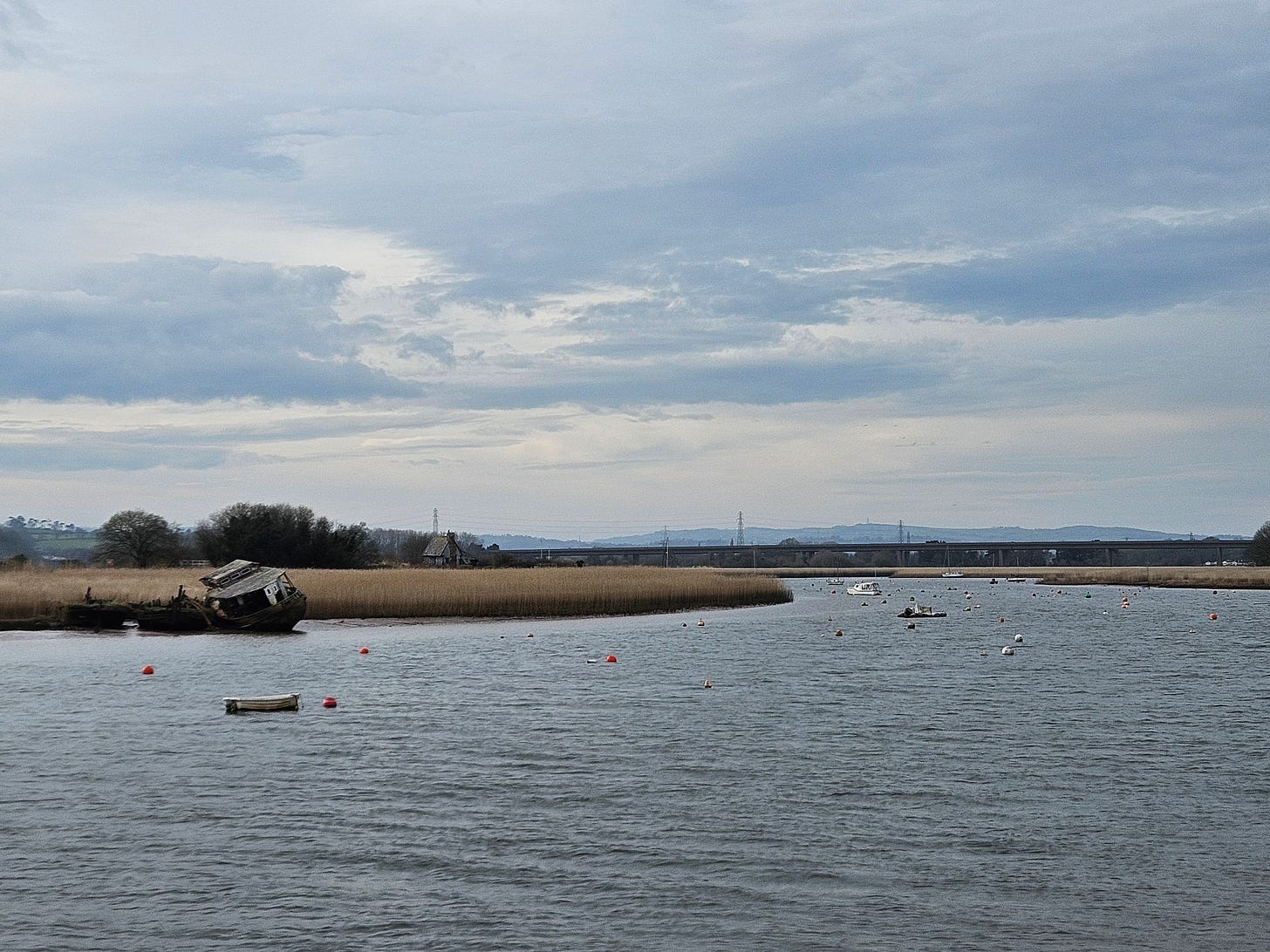Pasok is the Greek socialist party that fell first from power and then influence by failing to change with the times, and neglecting the needs of its core voters. Its lasting imprint on world politics is now mostly the concept of Pasokification, which refers to the calcification and then crumbling of a political party.
Many parties have gone through periods of Pasokification: the SPD in Germany were often an example, arguably the US “Democrats” now, torn as they are between whether they can represent both elite donors and struggling workers. The strange circumstance of UK politics is that both its main parties are now experiencing a simultaneous Pasokification that is mostly unheard of; normally the Pasokification of one party helps in the ascendancy of the other.
This post follows a brief visit to the UK. It will not be sophisticated but it will be accurate; the sort of perspective that is sometimes useful, and comes easily when you've been away and out of a place for a while. It is nice in some ways to stretch my brain on British politics after so long in Latin American affairs and Palestine, related though the latter two surely are also.
British politics is dying and the only thing that will truly change it is a new voting system of more proportional representation. That being said, it is also clear in European and North American politics — as evidenced whether by the US cancellation of its First Amendment to support the Israeli genocide in Palestine, or Emmanuel Macron's disregarding of French parliamentary results to keep socialists out of power— that the mirage of democracy is at the point where even the veneer of legitimacy is becoming less useful to elites than the disruptions of real democracy are inconveniencing.
Britain is no different, although its parliamentary system — and the ability to register dissent through either Greens or Independent socialists and anti-genocide MPs — leaves the country in a far better situation than the US, where the barriers to entry for third parties are high enough to create an authoritarian two-party state, which can be relied upon to function in concert, exactly as we have seen evidenced in the genocide-continuity of both US party policies towards Palestine. Even with the allowances for a more representative voting system, which Britain sorely needs, the French experience of their parliamentary elections is the best evidence yet of the readiness of elites to simply disregard the democratic outcomes presented by more democratic systems.
I don't like to talk too much of elections because they, along with their political theatre, are often the set-pieces that distract from a politics happening all the time. Nonetheless, the next UK election is likely to see a three-way split in the far-right vote, with Labour, Tories and Reform all clamouring to reach the same territory, with their offer to the public differentiated mostly by how it is dressed up. The better part of this circumstance is that the three-way split will see each of the parties deny the other seats, and prove unable to form or present any coherent project. A hung parliament is likely, whether in terms of outright numbers or intra-party incoherence. The most interesting and new feature of Reform—a rebadged version of the UKIP brand that mostly offers only a continuation in the gradual escalation of xenophobic hostility that already form the basis of both Tory and contemporary Labour policy— is its structure as a private limited company (an Ltd.) rather than a political party. This political flatness potentially represents a genuinely new phase in the neoliberal political system, paving the way for circumstances in which a political persuasion grows closer to a consumer identity expressable within a context of politically flattened market fascism. The Labour destruction of its internal party democracy, in order to prevent a grassroots leader ever running the party again, represents a different instance of the same trend.
None of this is destiny, of course, but like any set of designs set by the worst people with the greatest resources on earth, it must be resisted with the same or greater ferocity than that one employed to carry it out. It goes without saying that much resistance will take place outside electoral systems that prove ever more corruptible and co-opting of idealism, with the latter a particularly scarce and precious substance.
Palestine clearly remains the epicentre of everything in the Euro-American world. Not only because of the vast pain experienced and expressed there, and the Euro-American provisions to the so-called Jewish state carrying out these atrocities, but also on account of a genocide, its architects and its enablers, at least offering people the ultimate political character reference. It is obviously no surprise that those who endorse and facilitate genocide will also lie to their voters and will also attack the most vulnerable in their own society.
Ultimately, and whatever the brief stop in Britain, both for my feet and my thoughts, the magnitude of everything demonstrates more clearly than normal the permanent connectedness of everything.
The countries in the Euro-American military, economic and psychological orbit are going through the exact same shock they did approximately a decade ago, when the Arab Spring emanated out of Tunisia, and Occupy spread from outside the New York and London stock exchanges.
The difference on this occasion is the fact that Israeli violence, and Palestine, are formally part of the equation, and on account of the Israelis being an apartheid society willing to commit genocide, the stakes are far higher and more violent for everyone, especially in countries neighbouring or near to occupied Palestine.
For the countries that make up the chief sponsors of the Israelis —whether the US, UK, Australia or the EU —their fate becomes ever more entwined with that of the colony in Palestine. Full state-backing for the Israeli project leads implicitly and inevitably to the policy of apartheid abroad, and so apartheid at home.
Again, and as with all things, this can and will be resisted, and the clear ugliness of this nexus of power reveals both its true nature and its present fragility. It can be defeated, I have no doubt, but one must always know their enemy.





